If you are a small business owner, you would probably know the importance of appearing in your local area on search engines.
More so, around 46% of all Google searches are looking for local listings. If your business isn’t optimized for local search, you could be missing out on potential customers searching for businesses like you.
Therefore, local SEO is crucial if you want your business to grow. In this article, I’ve covered ways to optimize your business for local search to target potential customers. Let’s start with understanding more about local search and why you need it to grow your business.
IMAGE: UNSPLASH
What Is Local SEO And Why Is It Important?
Local SEO (Search Engine Optimization) is the process of improving search engine rankings for local businesses, especially those with brick-and-mortar locations. By implementing local SEO best practices, businesses can boost organic traffic from searches performed by customers in nearby areas and ultimately grow their sales.
It could be like searching for “music concerts near me” or “car repair near me” in [location] to find an upcoming concert or repair services nearby.
Search engines like Google and Bing rely on signals such as local listings, social profile pages, and citations to deliver the most relevant local results to the user to pull information for local search. Local SEO allows you to boost your organic presence on search engines, build credibility, get more visibility and ultimately increase sales by driving more traffic to your website.
However, optimizing for local search is easier said than done. Simply because SEO is an organic process that needs consistent efforts. For a business to maximize visibility, they have to appear on the first page of search engines be it on mobile or desktops. According to Moz, the first page of Google gets 71% of all clicks. Users are more likely to select from the local pack results on page 1 without scrolling further.
Therefore, being part of the local search is crucial to capture customers searching on different devices.
How Can You Run A Local SEO Audit?
Now that you know the importance of local SEO, the next step is to optimize your business for it. Few things a customer notices about your business on a search engine is your website, what kind of reviews you have, and if you are present in their local area.
To make sure your business is optimized well to appear in a local search I’ve listed below a few tips to help you run a local SEO audit for your business.
1. Make A Google My Business Account
Google My Business (GMB) is a crucial part of any business’s online presence as it is the first place customers look for updated information about your company.
As soon as a user googles about a product/service, they look at the right-hand side panel for all the crucial information about your store, like the timings, contact info, website, store directions, and more.
Imagine if a customer is looking for a specific item on Google and your business comes up first, but if they can’t find your contact information, they might look elsewhere. Here is when your GMB listing comes into play.
The GMB listings also boost your SEO score organically. As per Google, local search results are based on “relevance, distance, and prominence.” Let’s take a look at each of those:
Relevance: How well a listing matches the intent of the user
Distance: Google matches searchers with businesses in close proximity
Prominence: How popular your business is
With the help of Google My Business account you can showcase your top reviews and even link map directions, making it very easy for the prospects to find you.
A report found that 64% of users contacted businesses directly through GMB and this number is only likely to grow. So, GMB is no passing fad, as the majority of searchers have used it as their primary contact method.
By having reviews and keeping your contact information and operating hours up-to-date, you’re improving the experience for potential customers, increasing inquiries/leads.
2. Look At Online Reviews
Reviews are the next top factor in local search rankings for the simple reason— three out of four consumers place reviews on a par with personal recommendations. If your reviews are good on search engines, the higher the chances of people visiting your website
The overall rating of your business is a good indicator of customer satisfaction. So, how do you get good reviews?
Customer service is the key to getting good reviews. When customers see that you care, they will be more willing to express their thoughts about your brand- what they liked and what can be improved.
First of all, you need to be registered on review platforms. Yelp, Foursquare, Yahoo!, Citysearch, are some of the leading review sites you can take a look at. They can add credibility to your brand.
Pay attention to the specific guidelines of different review platforms. Once listed, make sure you immediately acknowledge comments.
IMAGE
Make your review as simple as possible, too. Ask specific questions to help nudge customers in the right direction. Here’s one possible question: ‘What did you enjoy most about our service/product?’
Investing in review management will enable you to generate credibility and promote your brand on the appropriate channels. This will eventually help build a positive image of your business and improve your rankings on search engines.
Online reviews are the best example of user-generated content that helps customers find your business and build trust around your services.
Additionally, reviews offer what Google’s algorithm loves: a fresh batch of content, unique keywords, and images published on popular sites like Facebook, TripAdvisor, TrustPilot, and Google itself. These reviews can also become a part of your recurring email campaigns to build your brand’s trust.
3. Build Quality Backlinks
A backlink is a link coming from another site to your own website. You can get backlinks from guest blog postings, sponsorships, or partnered content. Every inbound link tells Google you’re a legitimate business and thus helps raise your domain’s authority.
In short, the more backlinks your website has from authoritative domains, the higher reputation you’ll have on Google, dominating the SERPs.
You can sponsor a webinar or a virtual promoting something local you love as this will help you network with prominent influencers. Sponsorships can help get high-quality backlinks from authority websites. It can be a charity event or business conference.
Check out the following example from this university on how to list down its sponsors in an event:
IMAGE
Being a guest blogger can also help earn inbound links. If you’re an active participant in community conversations, the popularity around you grows in the form of backlinks, social media mentions, and media coverage.
IMAGE
Additionally, publishing infographics have been one of the most popular link-building methods.
Popular websites like Mashable, The Verge, Huffington Post, and others publish infographics regularly as readers prefer graphical formats over long articles.
Once you’ve created your infographics, you can submit your infographic on other aggregation websites like Pinterest and Visual.ly for more visibility. Always publish the infographic on your website with embed code, so others can embed it on their websites.
4. Focus On On-Page Signals
On-page SEO is the process of optimizing individual web pages in order to rank higher on search engines.
As soon as a searcher makes a query, search engines pull the best possible response based on content’s expertise, authoritativeness, and trustworthiness. Therefore, it’s crucial to upskill SEO techniques.
Using relevant keywords in the headings, meta descriptions, and in the content on each page can positively impact the click-through rates and ultimately improve your website’s organic ranking.
To improve local search rankings, make sure that at least top pages on your website mention the name of your city and your address. It’s good practice to create website content that is relevant to your local audience.
Here’s how Ambient Edge, a local repair services provider optimized their Contact Us page with address and specific locations to improve visibility.
IMAGE
Focus your keyword strategy around the key search terms that your potential customers are likely to use to find businesses like yours. You can use Google search console to identify top search terms relevant to your business.
Posting well-researched articles on your website and removing duplicate content may also provide strong on-page SEO signals.
5. Track Citations
Every listing of your business on directories like Yelp, YP.com, Quora, Foursquare, and Citysearch is treated as a citation by search engines. These search engines treat these directories as credible and high-quality citation sites.
Listing your website on a popular directory can result in top listings, which is a huge bonus. Plus, these directories are also an easy and quick way to earn valuable backlinks to your website.
While you don’t need to be on all the directory sites, 10-20 can help create value. Make sure to audit your listings to be updated and accurate.
Personalization plays a key role while auditing your listings. According to Google, personalized search allows the search engine to customize search results based on a user’s previous 180 days of search history, linked to an anonymous cookie in the browser.
Google personalizes search results based on context, such as ‘recent’ searches. This isn’t something you can deliberately optimize for, but it’s worth bearing in mind while auditing your content.
6. Look At Your Social Media Presence
Social media may not directly contribute to SEO ranking, but the links you share across social platforms increase your brand’s credibility. When more people share or engage with your content on social media, that generates social signals for search engines to indicate your content is useful to the target market.
IMAGE
The more your content gets shared, the more likely it is to be seen, which can lead to more users viewing and linking to your content. This can end up having a big impact on your Google rankings.
To start, choose the social platforms relevant to your business based on your audience’s demographics. Verify that your company’s vital information like address, website link, and logo is consistent across all social channels.
Instagram, for instance, offers you 150 characters to highlight your brand’s USPs. You can make it SEO-friendly by including a contact button, relevant links, location tag, and business category.
Make sure that you’re publishing engaging and unique content to help drive traffic to your website through social channels. You can check for plagiarism to make sure your content is 100% original.
Creating strong social media profiles is a great way to include necessary information about your business and link them to your website.
7. Track Behavioral Signals
Behavioral signals are all about how users interact with your website and content online. Tracking behavioral signals for your SEO audit includes checking your click-through rates, check-ins or other call-to-actions like mobile calls.
In the above example, behavioral signals include leaving reviews, using the “send to your phone” option, and website clicks. These signals are user-generated and less susceptible to manipulation by businesses and therefore are highly credible.
Google also uses the distance of a business from the user’s location when determining local SERPs. Meaning Google is likely to rank the nearest business to the user above other businesses within the same category.
Search engine algorithms use behavioral signals to ensure your business is legitimate. So make sure that you consider these signals as part of your local SEO audit.
In closing
To consolidate information for local search, search engines heavily rely on signals such as local content, social profile pages, authority links, and citations to pull the most relevant local results for the user.
With local SEO, businesses can use this to promote their products and services to local prospects and customers who are looking for them. So, conduct a local SEO audit for your business.
Create a GMB account, look at online reviews, and track citations and behavioral signals. Then build quality backlinks, focus on on-page signals and don’t forget to build your social media presence. Once all these steps are done, you’ll reap benefits for your business in the long run.
Author Bio: David Campbell is a digital marketing specialist at Ramp Ventures. He helps manage the content marketing team at Right Inbox. When he’s not working, he enjoys traveling and trying to learn Spanish. – LinkedIn
IMAGE: UNSPLASH
If you are interested in even more business-related articles and information from us here at Bit Rebels, then we have a lot to choose from.

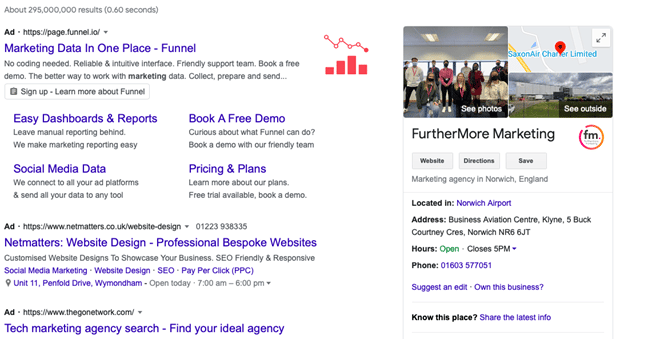
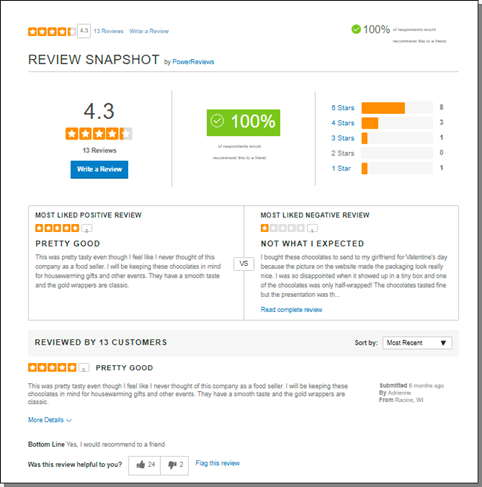
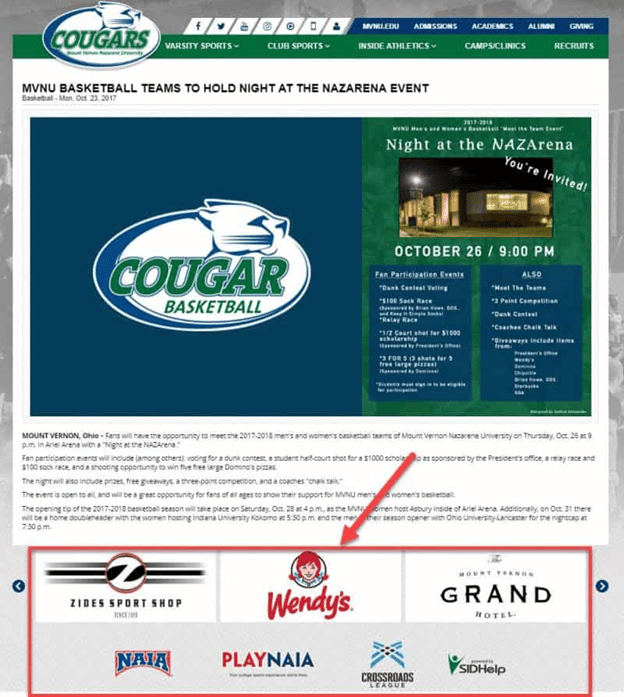

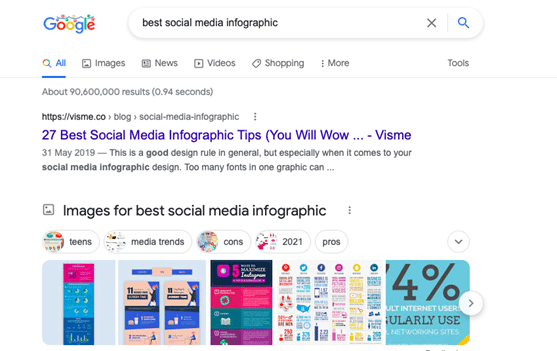
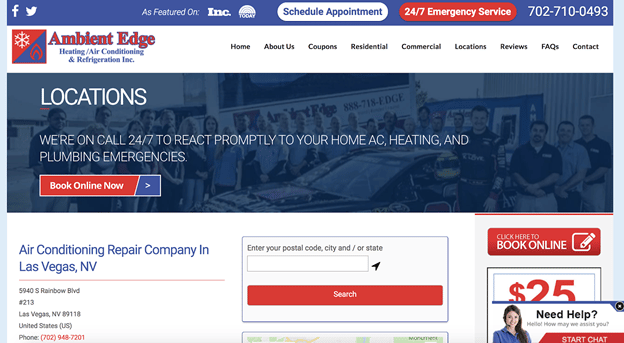
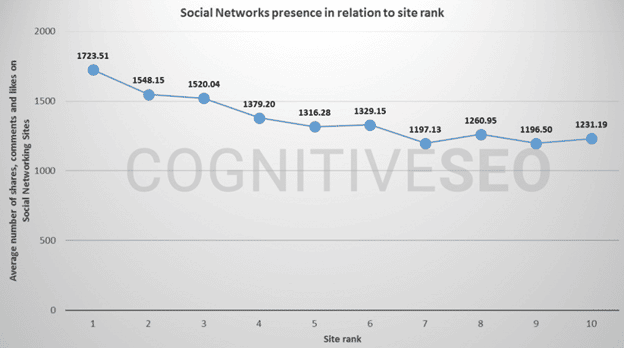

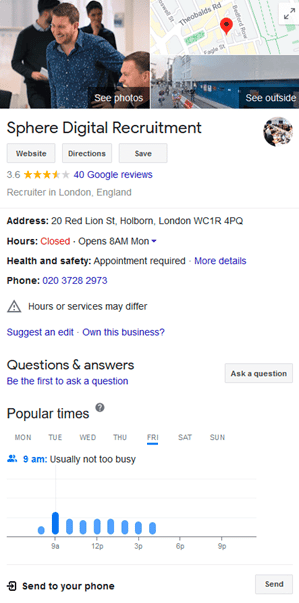

COMMENTS